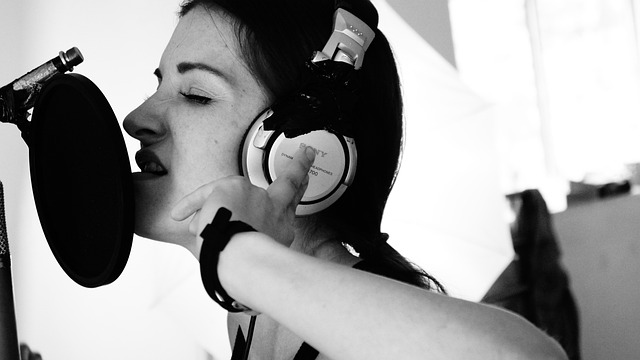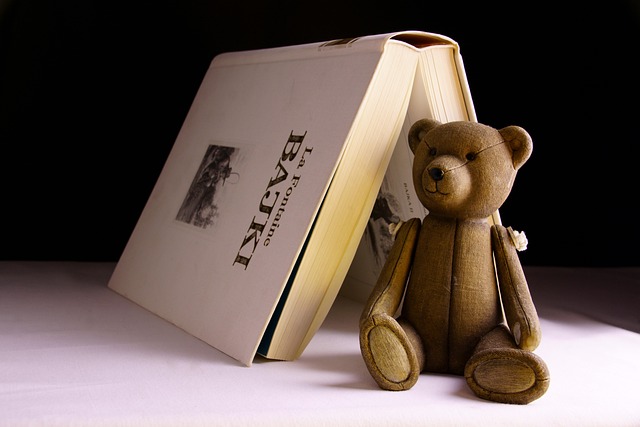Article Title:Explanation, interpretation and critique in the analysis of discourse
Abstract:
The first half of this article offers an assessment of critical discourse analysis, as developed since the 1980s and understood at the time in terms of a much-needed departure from predominantly descriptive modes of linguistic enquiry, which prevented an adequate thematization of power, inequality and ideology. In this review I draw attention to some enduring tensions in the model's aspirations between (1) being an interpretative mode of enquiry which inevitably adopts a discourse participant's point of view, (2) offering social-theoretically informed explanations of discourse which overcome limitations inherent in a participant's outlook and (3) formulating an interventionist programme of emancipation which prioritizes dialogue with institutional members. With an eye to relieving some of these tensions, I explore, in the second half of my article, what might bu gained from a dialogic confrontation with reflexive research traditions within linguistic anthropology. In particular, recent work on the 'natural historics of discourse' takes the situatedness of entextualizations of discourse-in-context as one of its main forces of enquiry.
Keywords: critical discourse analysis; critique; institutional intervention; natural history of discourse; (re)contextualization/entextualization
DOI: 10.1177/0308275X0102100103
Source:CRITIQUE OF ANTHROPOLOGY
Welcome to correct the error, please contact email: humanisticspider@gmail.com



